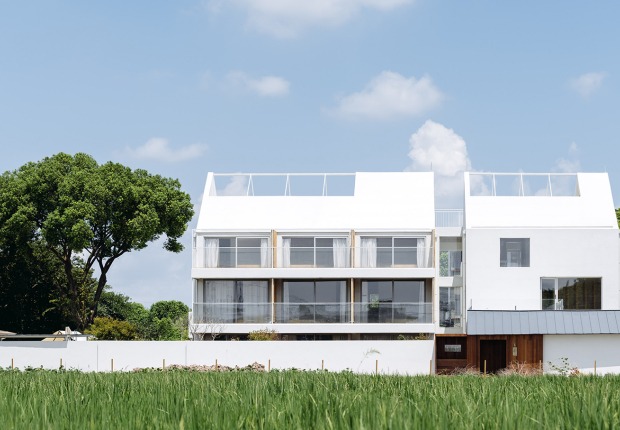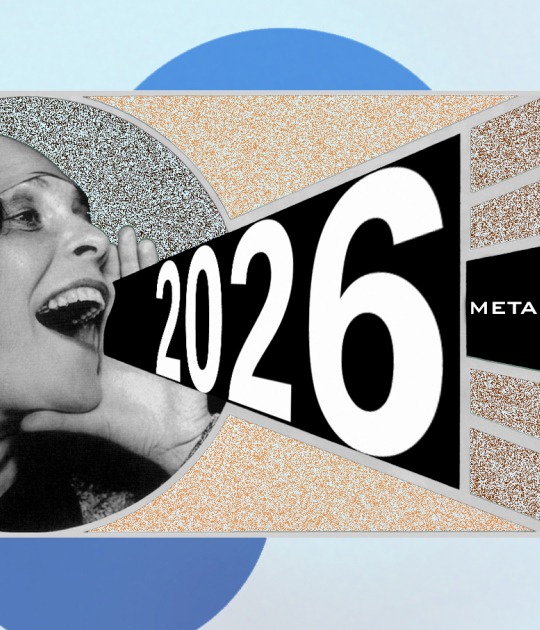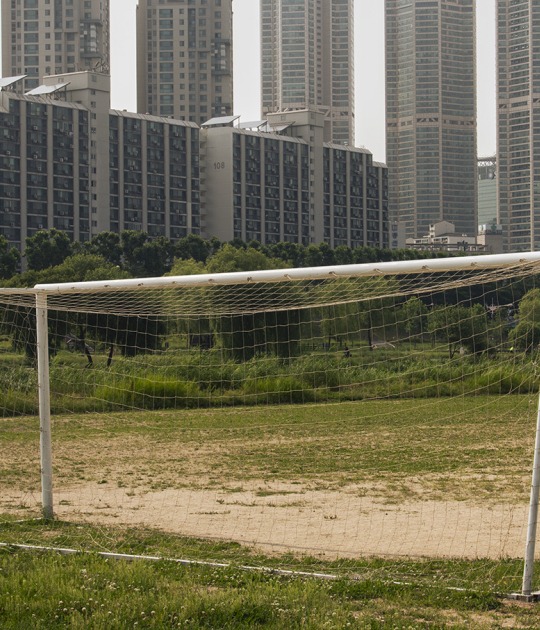Hailed by Sir John Betjeman as a ‘genius at photography’ and by Cecil Beaton as ‘an understanding and loving connoisseur of his subject’, Edwin Smith studied architecture at the Architectural Association and practiced briefly before turning to photography full time in the 1930s..
The exhibition, Ordinary Beauty: The Photography of Edwin Smith will display over 100 extraordinary black and white photographs from a collection of over 60,000 negatives and 20,000 prints given by Olive Cook, Smith’s widow and collaborator, to the RIBA Library. From urban scenes documenting British social history to evocative landscape images and atmospheric interiors, the images displayed reveal the genius and breadth of his work. Alongside his images of Britain the exhibition will show photographs taken on his travels to Europe as well as his published books and photographic equipment. Specially filmed contributions ranging from Alan Bennett to broadcaster Gillian Darley offer personal perspectives of Smith’s work.
Edwin Smith was highly sought-after by publishers and in the 1950s he was commissioned by Thames & Hudson for a series of books, among them English Parish Churches (1952), English Cottages Farmhouses (1954), Scotland (1955), England (1957) and The Living City: A New View of the City of London (1957). His work also featured in Vogue, Shell Guides and numerous other publications to illustrate features and books on subjects varying from Great Houses of Europe to The Wonders of Italy.
Ordinary Beauty: The Photography of Edwin Smith curators Justine Sambrook and Valeria Carullo.
Where.- Exhibition open at the RIBA, 66 Portland Place. London. UK. Free entry.
When.- 10 September to 6 December 2014.
























![Ivo Precek, Pracovní tabule II [Work table II], 1965. "From the center of Europe. Czech photography, 1912-1974". Image courtesy of Juan March Foundation Ivo Precek, Pracovní tabule II [Work table II], 1965. "From the center of Europe. Czech photography, 1912-1974". Image courtesy of Juan March Foundation](/sites/default/files/styles/mopis_home_news_category_slider_desktop/public/lead-images/metalocus_fundacionjuanmarch_fotografiacheca_precek-.-pracovni-tabule-ii-1965_p01.jpg?h=e382d23c&itok=PryOojGF)







